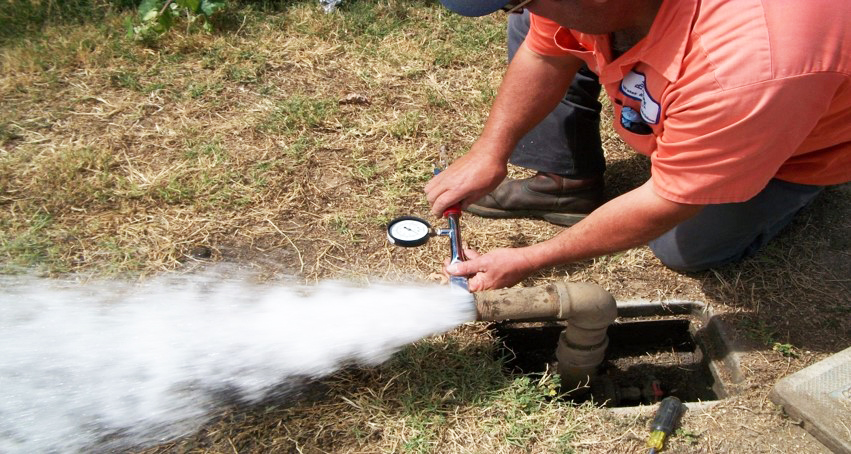
By Channing Vang; Apprenticeship, Membership, and Publications Coordinator
California has one of the most complex water system laws in the nation along with some of the strictest water consumption and compliance standards.
The State is also made up of thousands of small water utilities that provide more than 75% of the potable water to residents of California to drink.
To operate and serve water to California residences, businesses, and agriculture water utilities need to have State certified water operators onsite to meet compliance standards for consumption.
However, in the next five to ten years, more than half of the most skilled water operators in the State will retire. Folks in the water industry call it the “Silver Tsunami” because once these baby boomers leave, they’re taking decades of institutional knowledge with them along with their State certifications.
It doesn’t sound like a big deal as an outsider looking in, but the impact to the water systems will be tremendous and long lasting.
It’s not that easy to replace people…
Rural, small and medium water utilities make up most of California’s water utilities. Throughout the State, there are at least 6500 registered water utility companies who provide water to mobile home parks, sub-divisions, tribal nations, and small towns.
Most of these areas served are in remote or less densely populated parts of California, for example Tehachapi or Mojave, where it’s hard to replenish skilled staff and/or one certified water operator. Additionally, the water operators in these rural areas manage upwards of three to four water systems.
A city like Sacramento, CA, can post a job opening for water operators and thousands of people will apply. A small rural system can post a position for a year and get no response. Water utilities outside the major metropolitan areas are finding no relief in replacing these water operators.
Communities across California will be out of compliance and must pay hefty fines or face closures to their water utilities once these baby boomers retire.
One way these systems are trying to replenish staff is through apprenticeships.
By working with non-profits like the California Rural Water Association, water utilities hand pick staff who don’t necessarily have the skill set through intensive training sessions. Then these individuals will work under the tutelage of a master water operator to gain the institutional knowledge.
The training spans for 2 years and 4000 hours of on the job training. Once these individuals complete the apprenticeship program, they are State and Federally recognized journeyman level water operators who can qualify for exams to manage the water utilities.
This process benefits both the water utility company and the apprentice in that once they are done with the program, they continue working for the water utility, but at a higher pay grade and certification level. This allows the water utility to stay in compliance and replenish their staff and knowledge pool.
For more information visit our Apprenticeship page and download our brochure and application today.
